The House of Leopold
We all mourn the loss of the Haverstaad line, whose noble members brought great prosperity to not only Brisburgh, but to Brisland as a whole. My cousin Gerald was akin to a brother to me, and I swear that the Leopold family name shall honor his memory and that of all the Haverstaads. The eagle shall keep watch over the lion's den. King Wilhelm Leopold I, at his coronation ceremony.
Assets
History
If you see wagons under armed guard, chances are a Leopold owns it. Common maxim, circa 350 I.R.
Notable Living Family Members
Francis Leopold III
Faustus "The Crow" Leopold
Jocham "The White Wolf" Bargas

The eagle watches over the lion.
The Leopold Legacy
Yeah, they're decent enough folk. The King seems to care about the people. His pa was a good one, too. His uncle, up in Northampton, is another story. That man is a right bastard, that one is. Overheard in a tavern in Gerald's Crossing.
Diplomatic Relations
Remove these ads. Join the Worldbuilders Guild


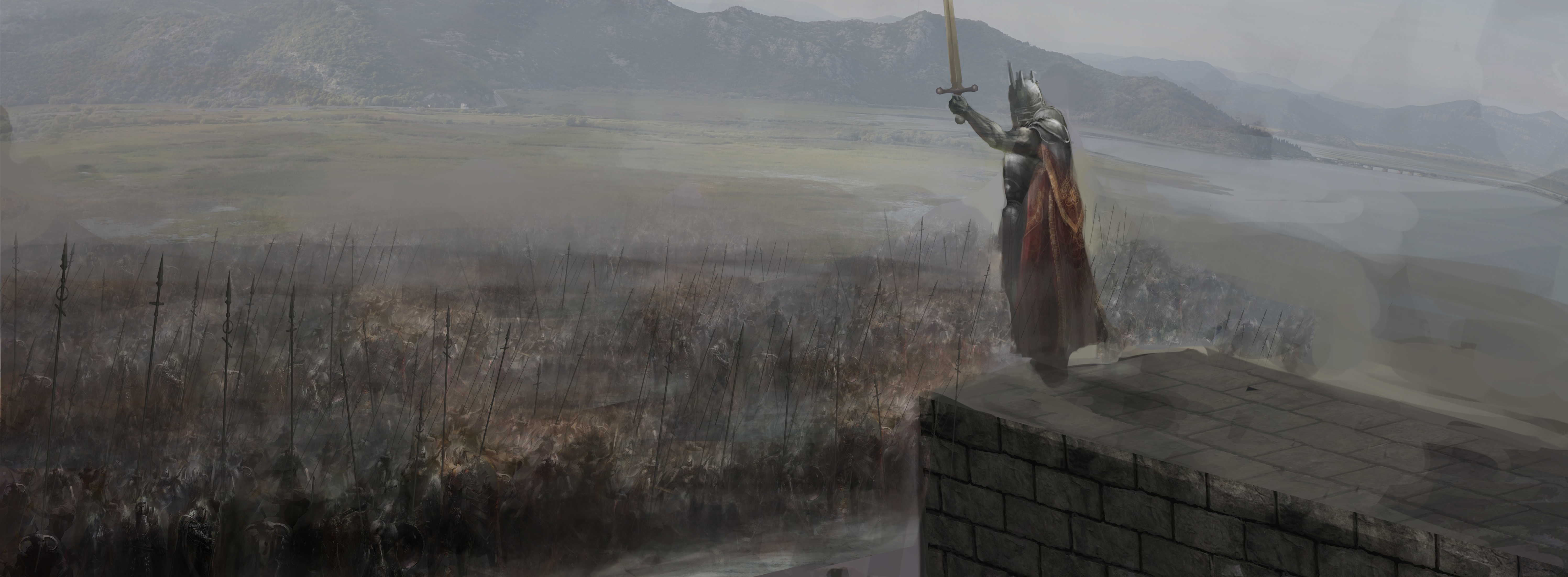
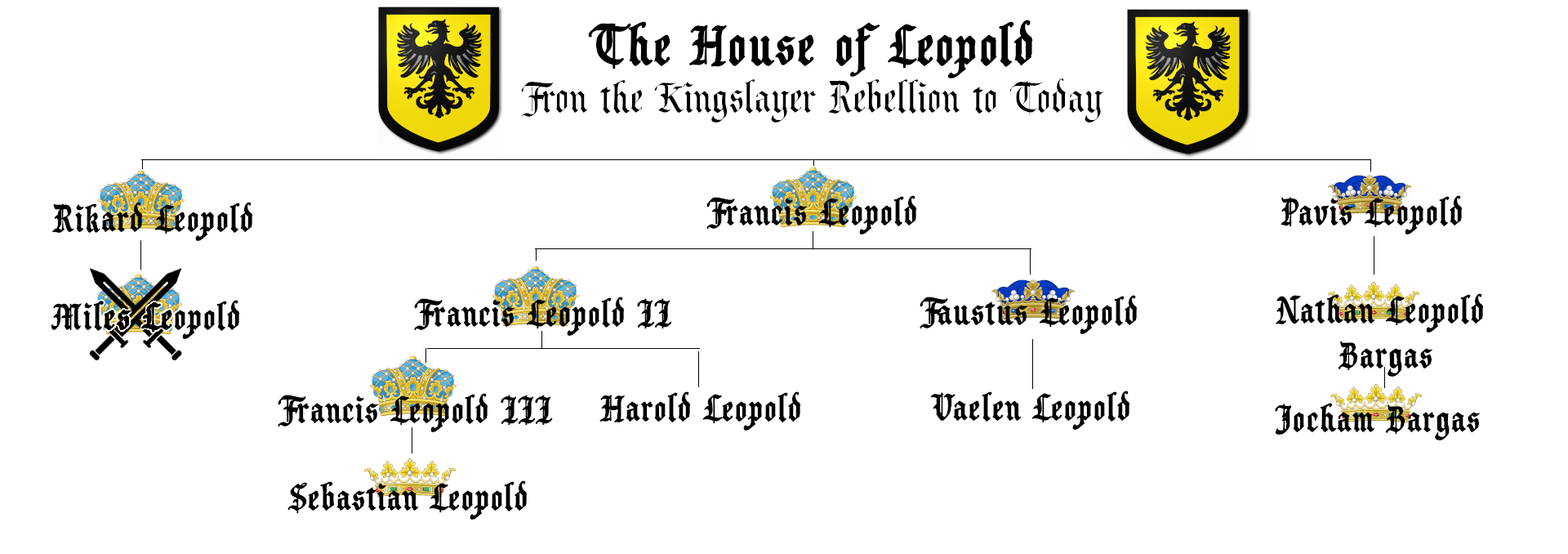
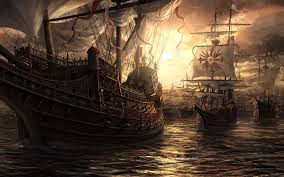

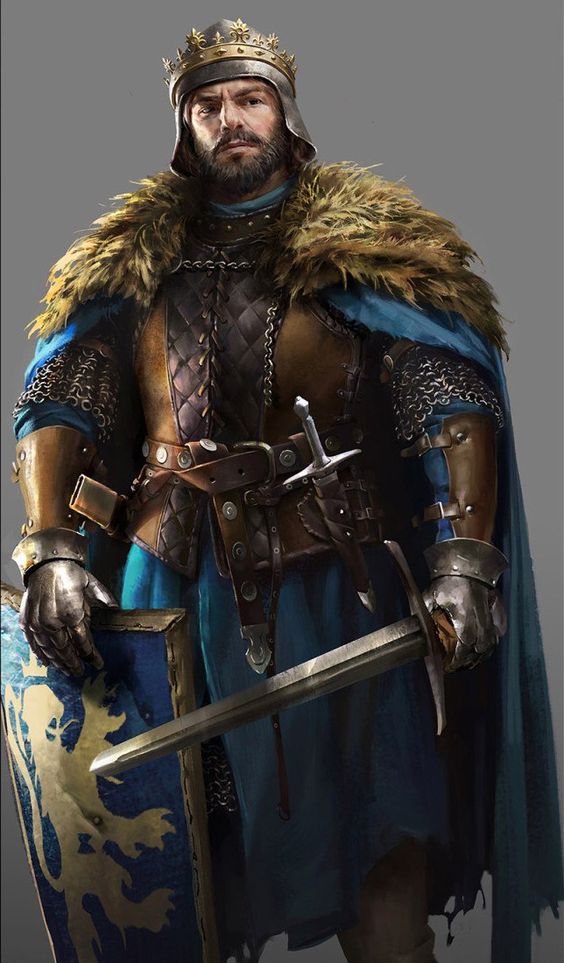
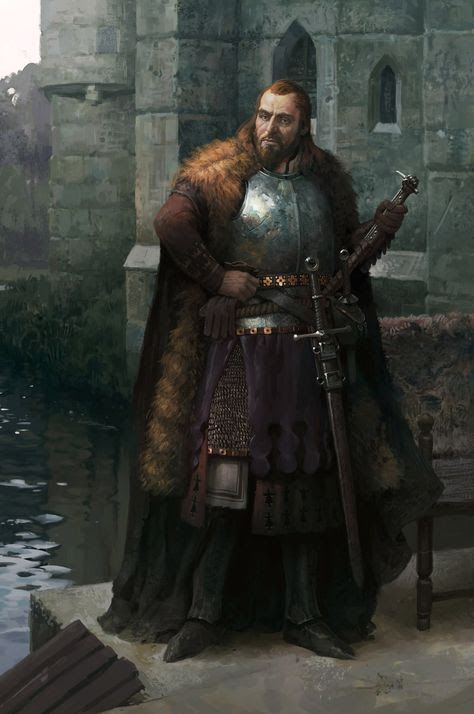
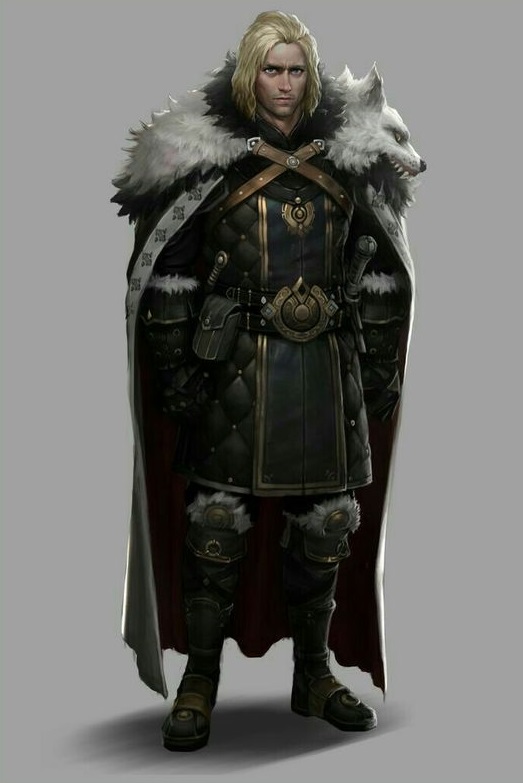

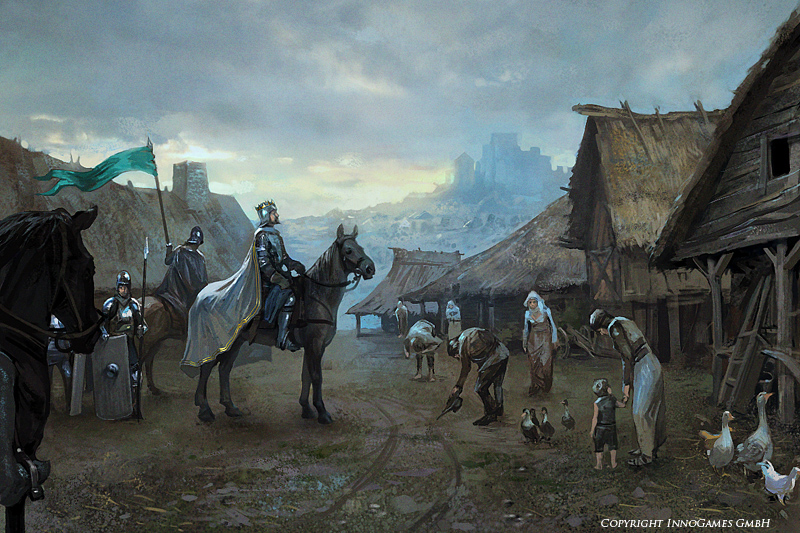















A thing that I tend to always say when reading articles like this one: use the link system to us the excerpts for location names and other things. Beyond that, it's a good article that helps build the family into the world! Though I'm confused about the founding date: it says 3070, but many dates tend to go no further than 900. Did you meant 370? Or 307?
The 3070 is based on the timeline, 793 I.R. is 3070 based on the world universal date. I expected it to calculate on that, and didn't catch it until after I submitted the article. I'm confused on your comment about the links? I have links to several locations (ie - Kingdom of Brisland in the first paragraph.) Is there another method I'm not using?
Oh, I just noticed that. I think it's mainly in later paragraphs that it becomes less used which made me notice it. Like Francis Leopold II having no link to any article yet or the towns Lanston and Westford. But that may be just me, I tend to be someone who makes a link for almost any mentioned name.
I could definitely be more consistent. I tried to go for more of a 'first mention' philosophy, but probably ended up missing some opportunities because of that. Thanks for clarifying!
No problem! Thanks for also clarifying the date thing!